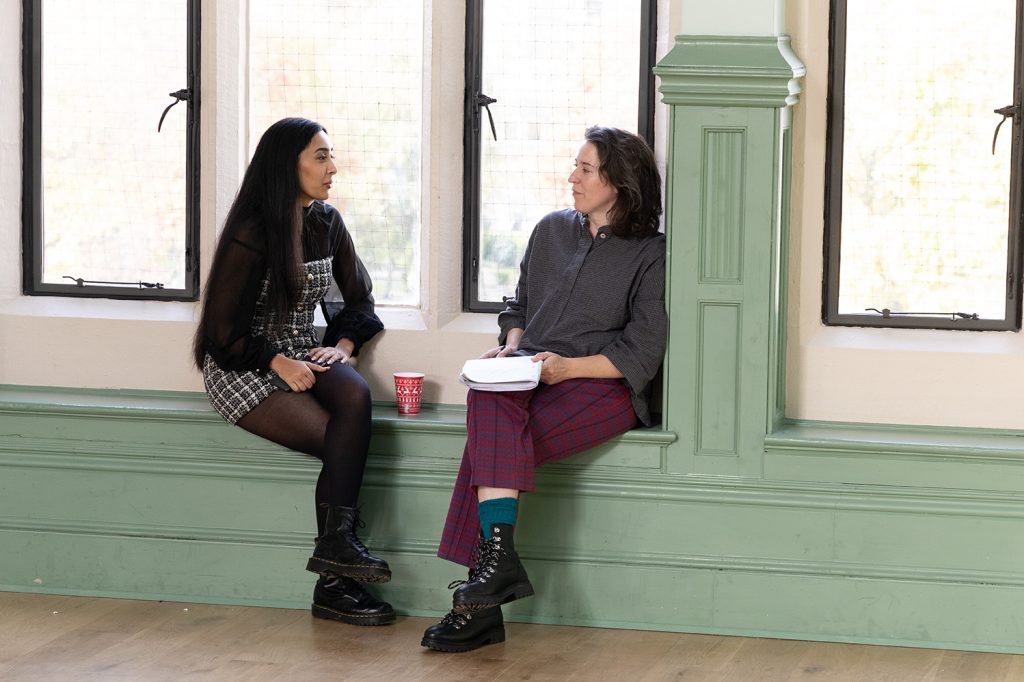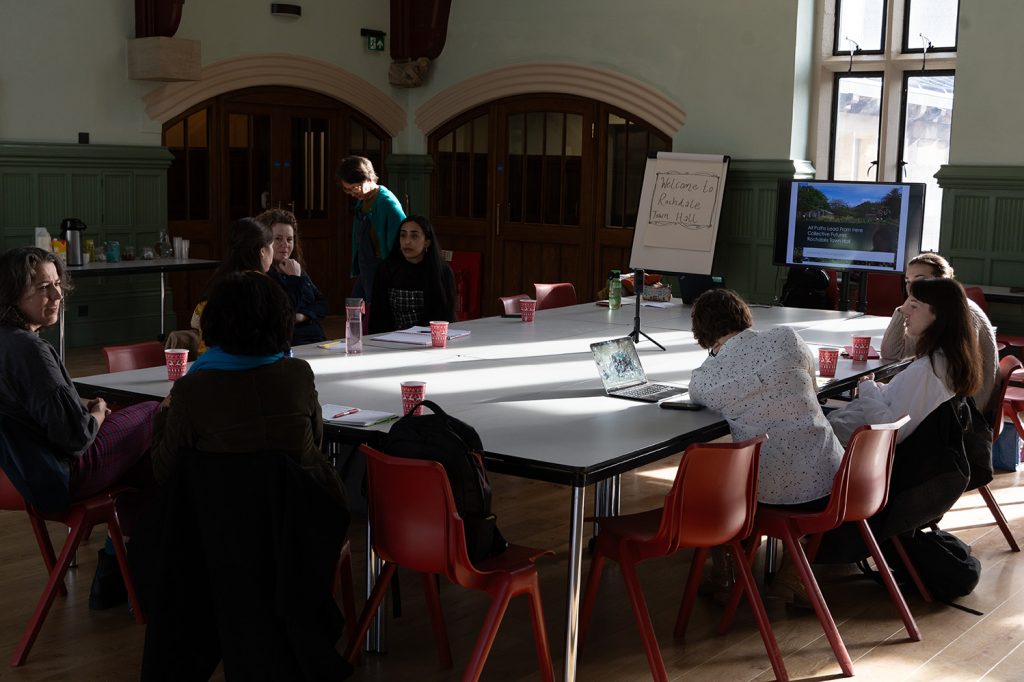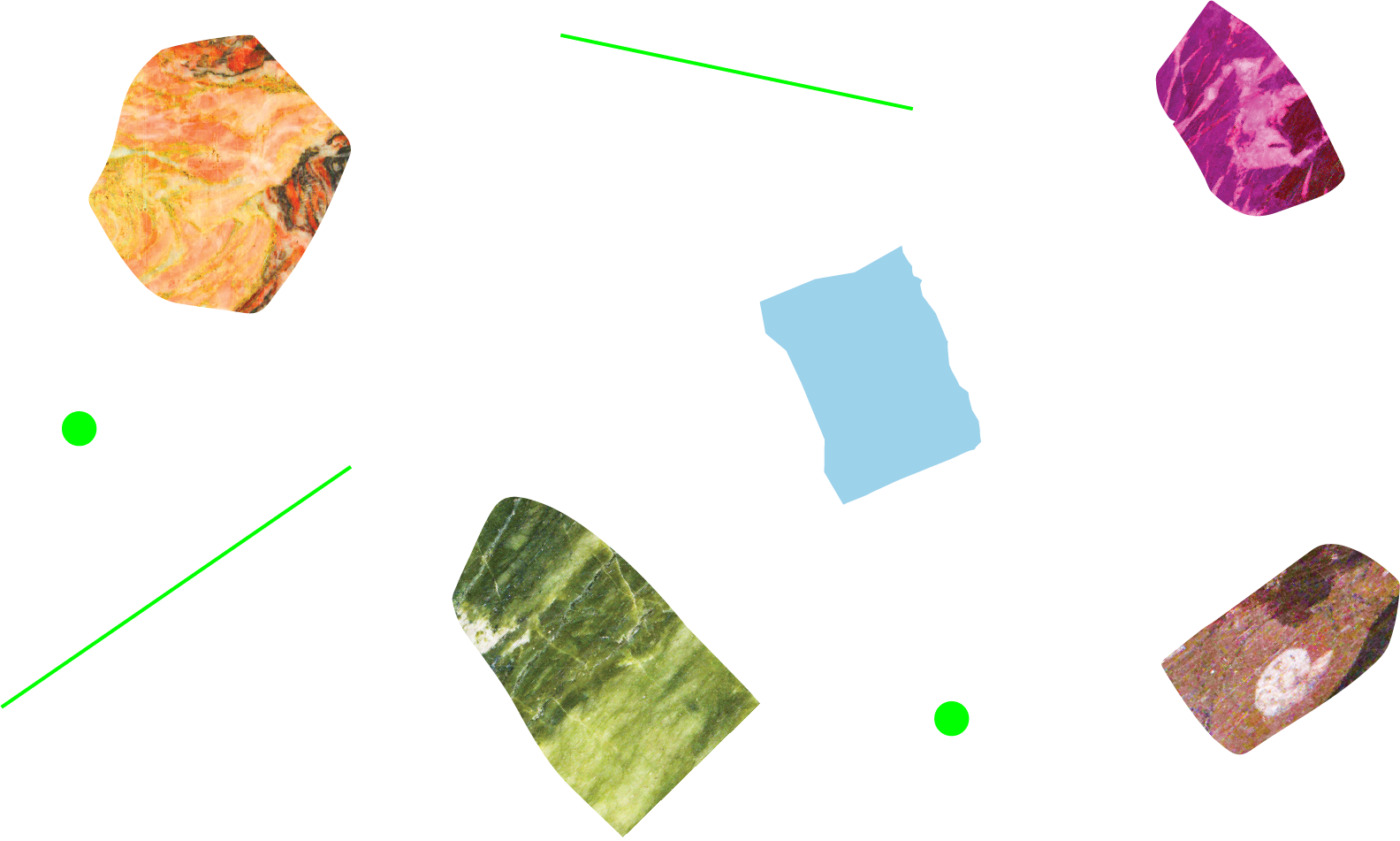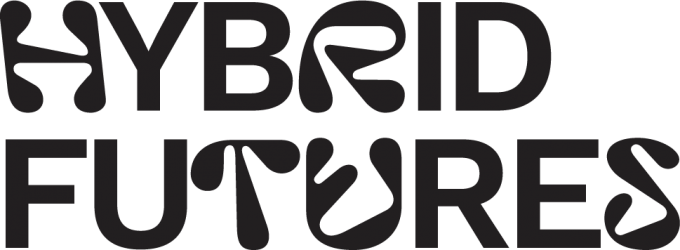
(5-minute read)
Liz Postlethwaite of Small Things Creative Projects began the Collective Futures session by asking the group what they had each noticed in nature today. In response, the collective shared their observations on the changing colour of the autumn, heavy rain and the oxygenating effect of negative ions and bacteria release, the clouds and the light over the moors.
In small groups the collective went on to explore what regenerative means to them:
- New iterations
- Momentum and energy
- Doesn’t take more than it provides
- Application to different models, organisations, system
- Connected, collaborative and co-creative
- Renewed, continued as opposed to ending of fragmented
From the sharing of a weekend activity – sweeping up autumn leaves – links were made between the body and the visceral process of regeneration, mutation and change including the menopause and searching for something in amongst the mulch. A comparison to the film Alien was drawn.
Liz expanded on these shared views, drawing attention to process, ecologies, sense of connectedness and self generation. She explained how the earth is regenerative and has been developing complex regenerative systems for 4.6 billion years and is a continuous growth or cycle of life giving process. The conversation touched on abundance, a definition of ‘we’ being bigger than the human experience and what ‘we’ need, what’s extracted is different for different people at different times.
Extractive, Sustainable, Resilient and Regenerative models.
Extractive was explained as the predominant, industrial culture which keeps taking until nothing is left in systems, exactly where we are now – with a system losing capacity over time. Sustainable provides a steady flow -a system that was not depleted but not rebuilt at the same time. Resilient – a term co-opted in contemporary culture referring to an ecosystems ability to recover from shock. Regenerative held an upwards trajectory ecosystem, building capacity, growing life to allow for a resilient system to flourish.
The collective broke off into groups to discuss how these models of practice related to our own practices. This led to a discussion of how using these words was triggering for one member of the collective who connected the concepts to mutation and regrowth in an embodied sense. This directly linked to one member of the collective working for the NHS and the extraction of care from people and the body’s ability to regenerate cells from within a health care system with a depletive and extractive culture.
Another group shared their experience of how the extraction of resources (green spaces and authoritative powers not listening to public consultation) is not ultimately beneficial to the economic models. This correlates to the pollution of the sea and subsequent depletion of tourism in Blackpool and the complex and intertwined economic / ecological systems we find ourselves navigating.

There was a light bulb moment for two members of the collective and articulation of Sustainable and Regenerative Practice and what they want to be aiming towards.
Liz talked about time and urgency and the need to slow everything down in terms of our own personal responsibility and our aspirations for change. The urgency and pressure we are under to fix the planet was spoken about as not particularly helpful and it was posited that perhaps we should be aiming to contribute to a future world we will never experience; An example given was a tree we plant today being the oldest tree in a forest we will never know. If our relation to time and timelines could be readjusted not to align ourselves with industrial models of production and consumption, we might understand our place in the ecosystem and cycle of decomposer/receptacle of biomass.
Liz began to describe the three principles of permaculture as an ethically based design system informed by indigenous cultures caring for the planet, people and a fair future. Liz spoke about the context of late capitalism and how capitalism is designed to make us feel unable to step away from it as we feel trapped in a producer/consumer mode rather than producer/consumer/decomposer model we find in natural ecosystems.
Liz spoke about the ‘impossible’ in relation to the fall of the Berlin Wall – how this once seemed unfeasible and towards imagining a future in which radical change and faith in uncertainty. One member of the Collective shared her insight on rights of species – such as sharks in the Maldives.
An activity of reflecting on our own practice as regenerative and some self-congratulation from within the group. One member noted the way in which budgets were set for artists rather than asking the artists to quote for their work as something that could change.
Liz showed the collective a wheel of privilege which visibly plotted that privilege is not a single entity and can have impact in multiple different ways.

